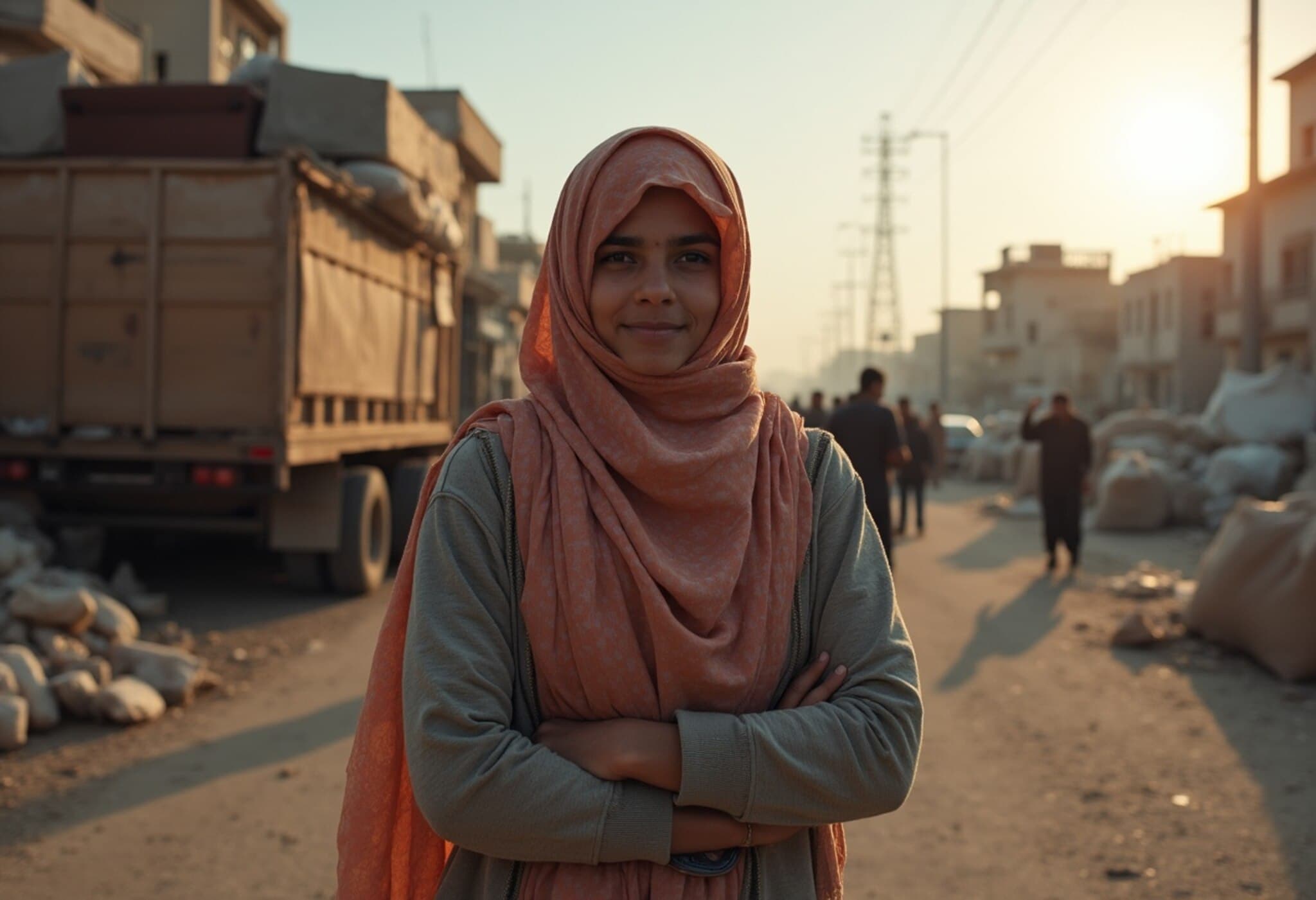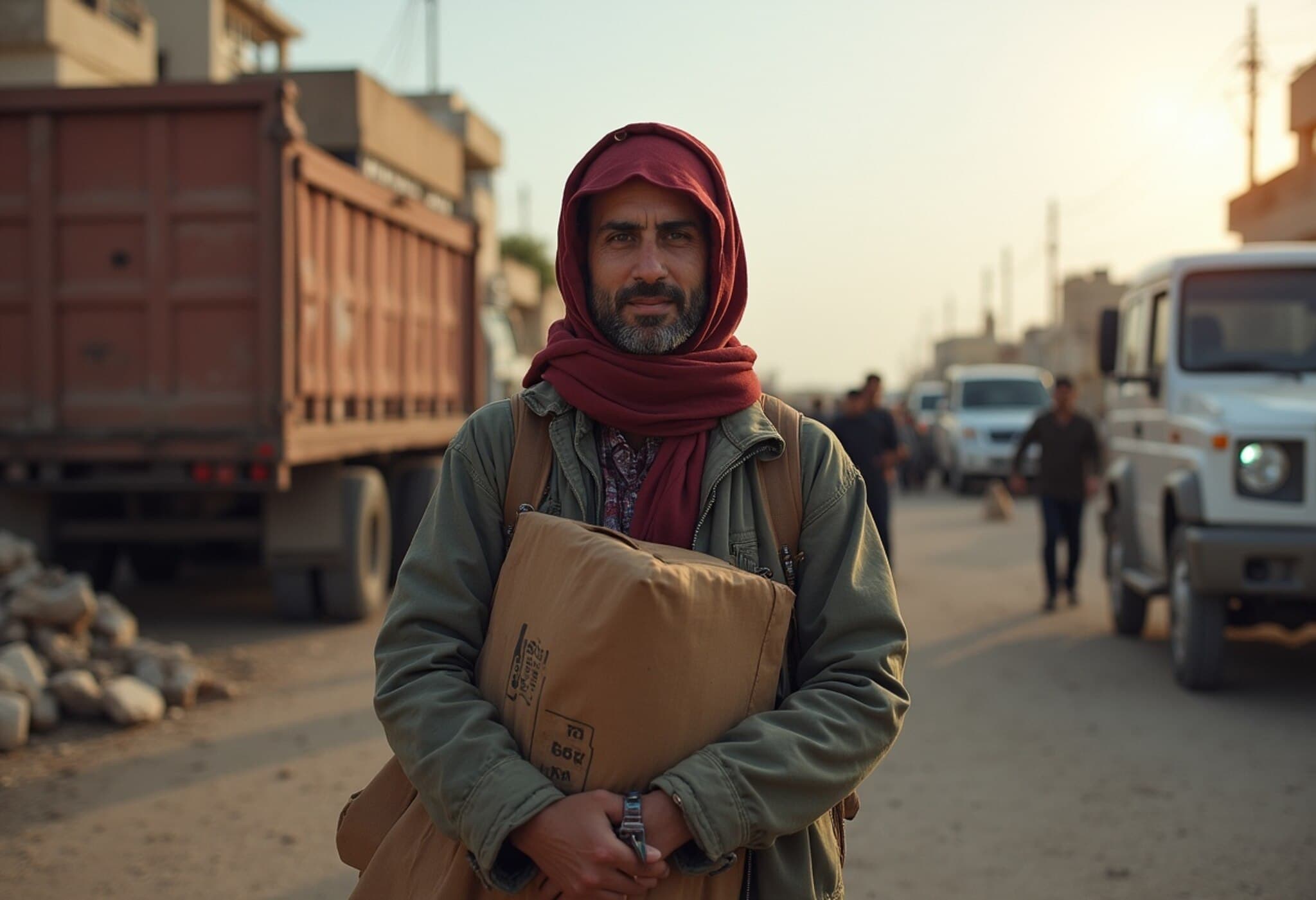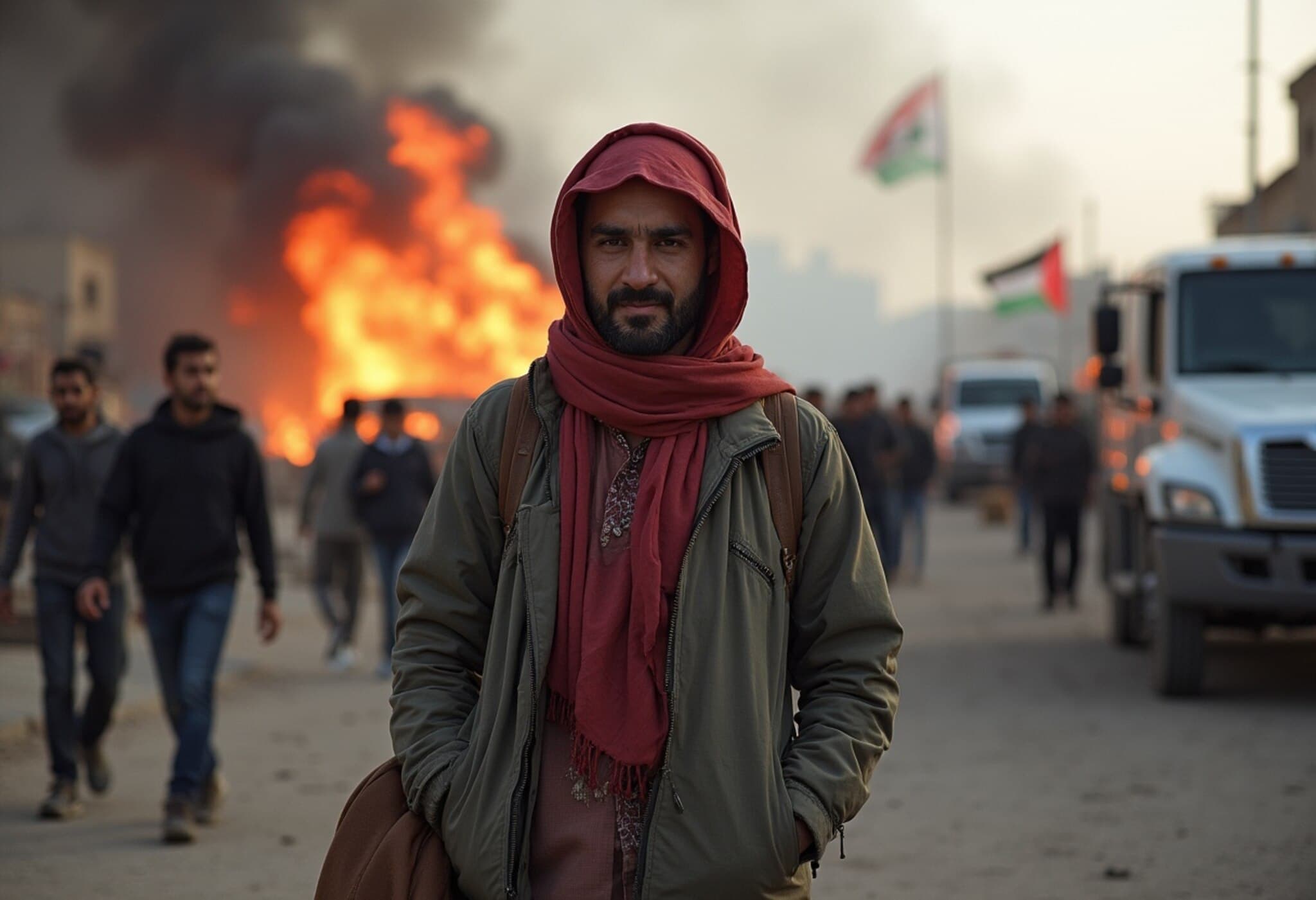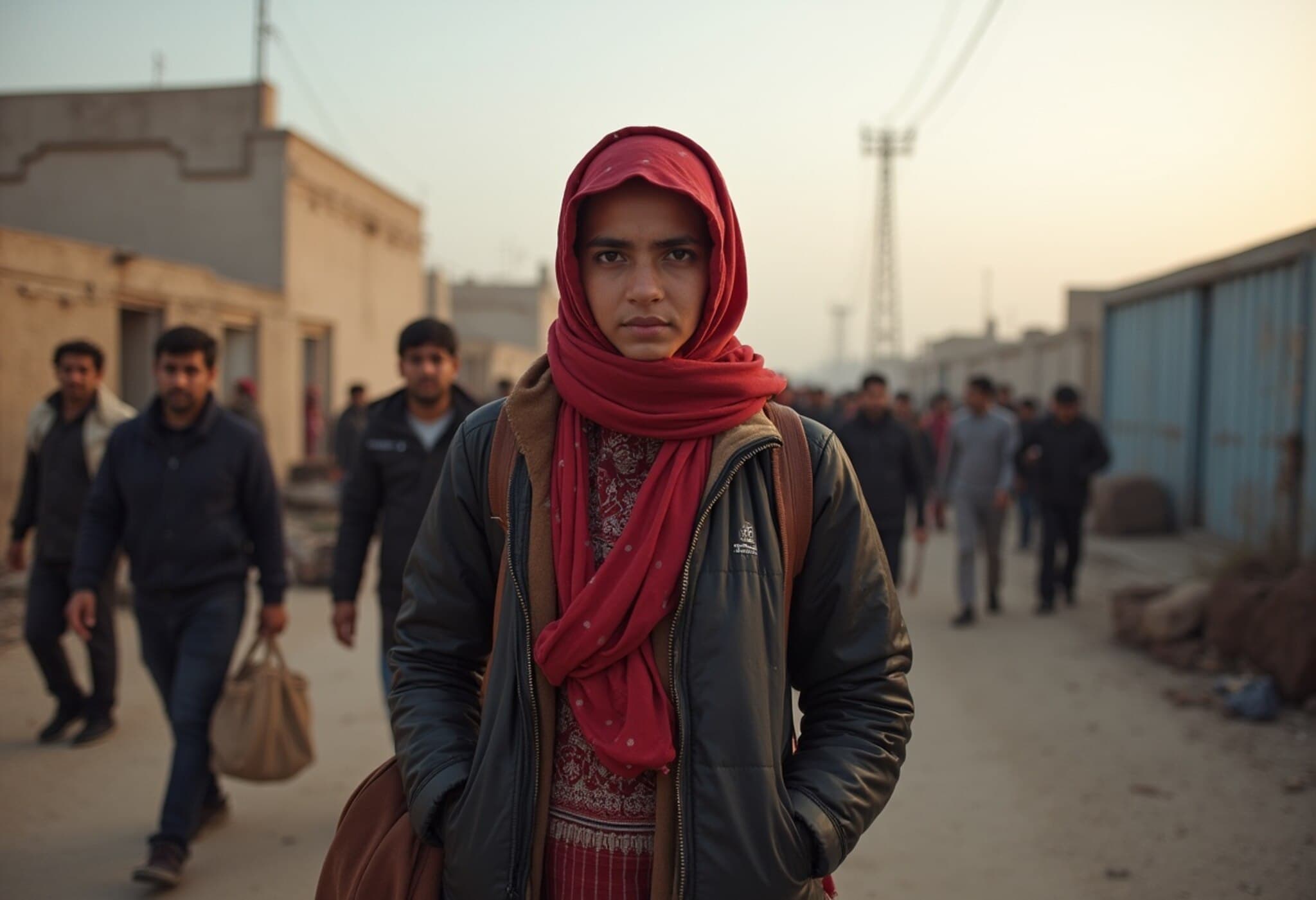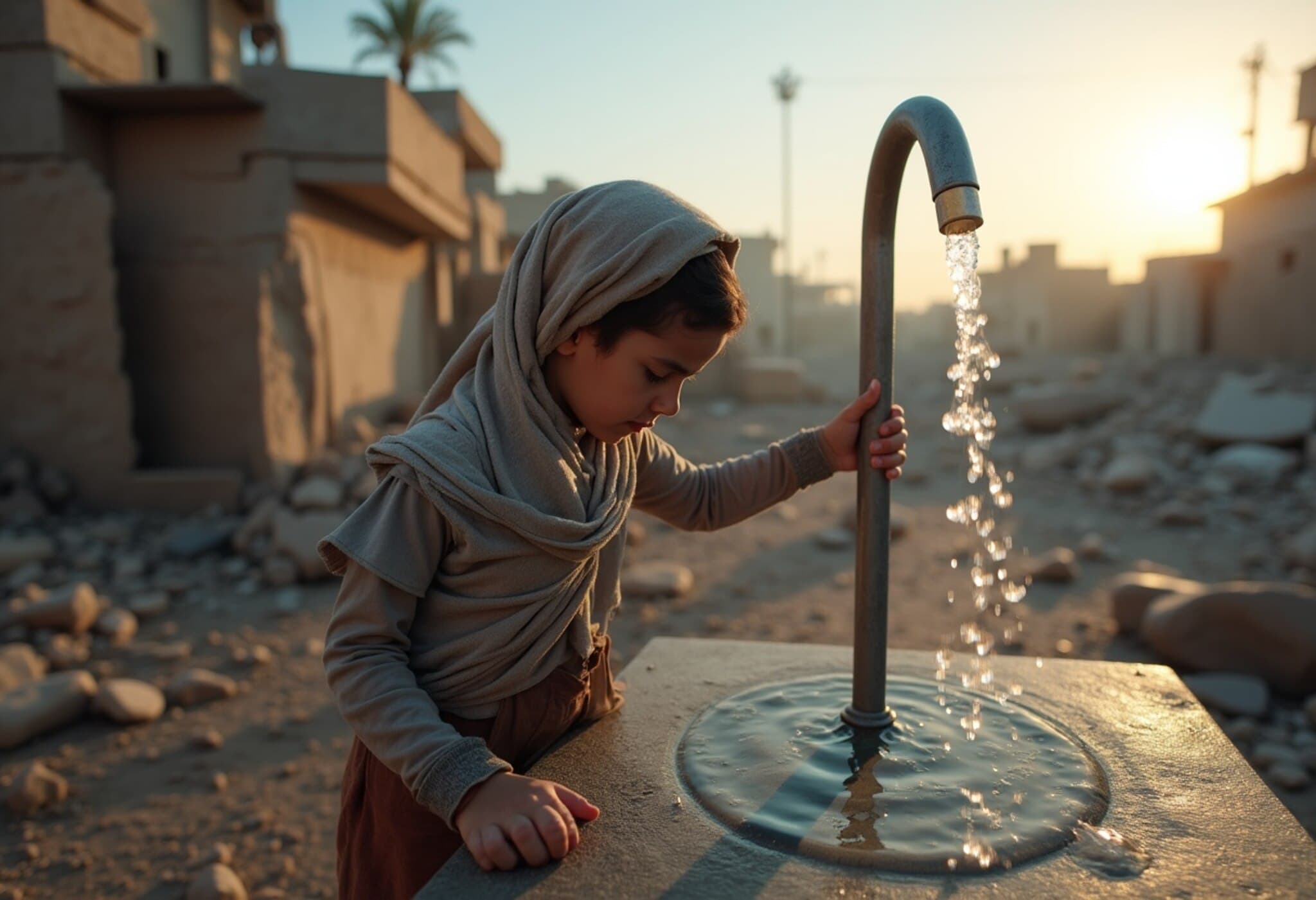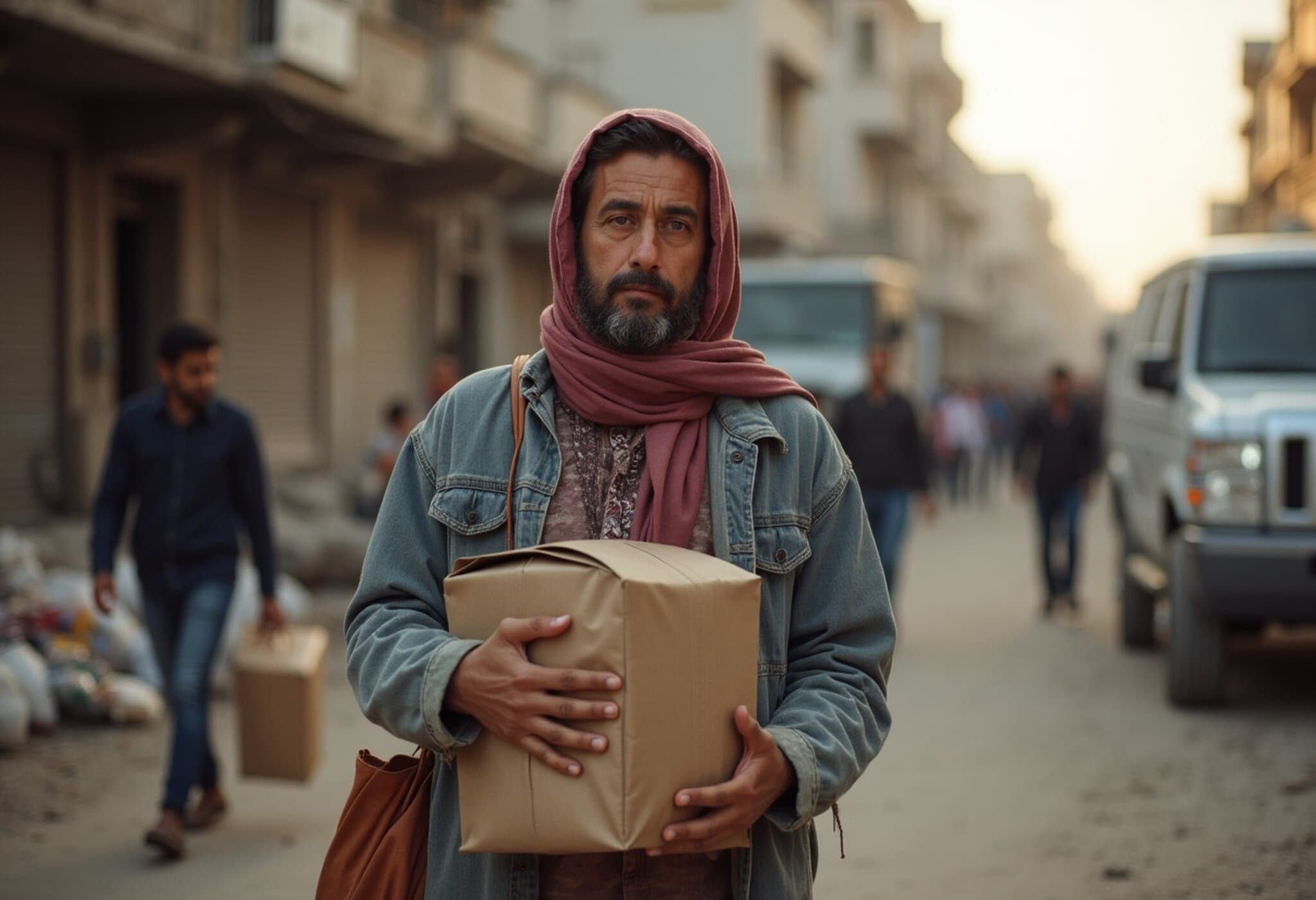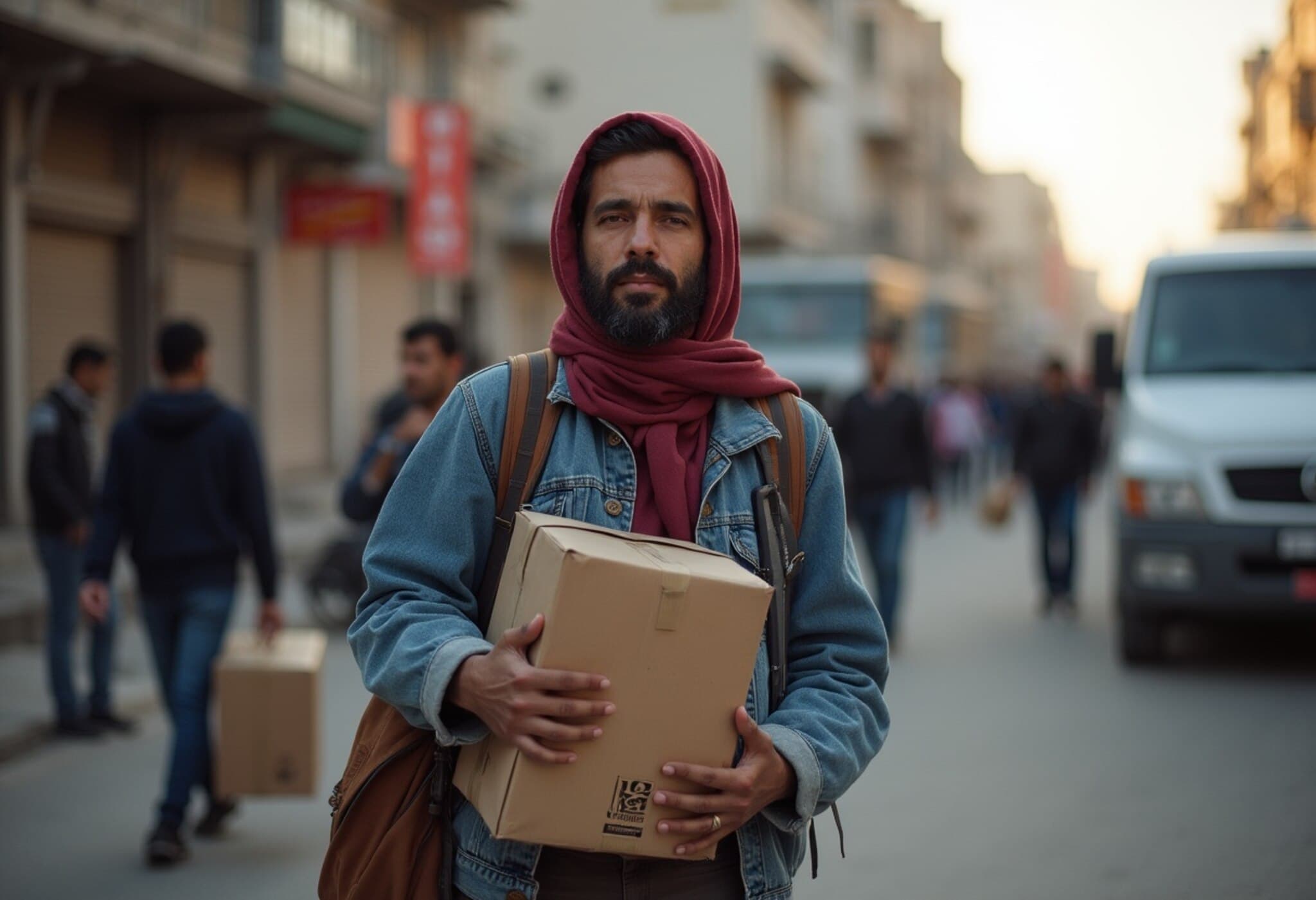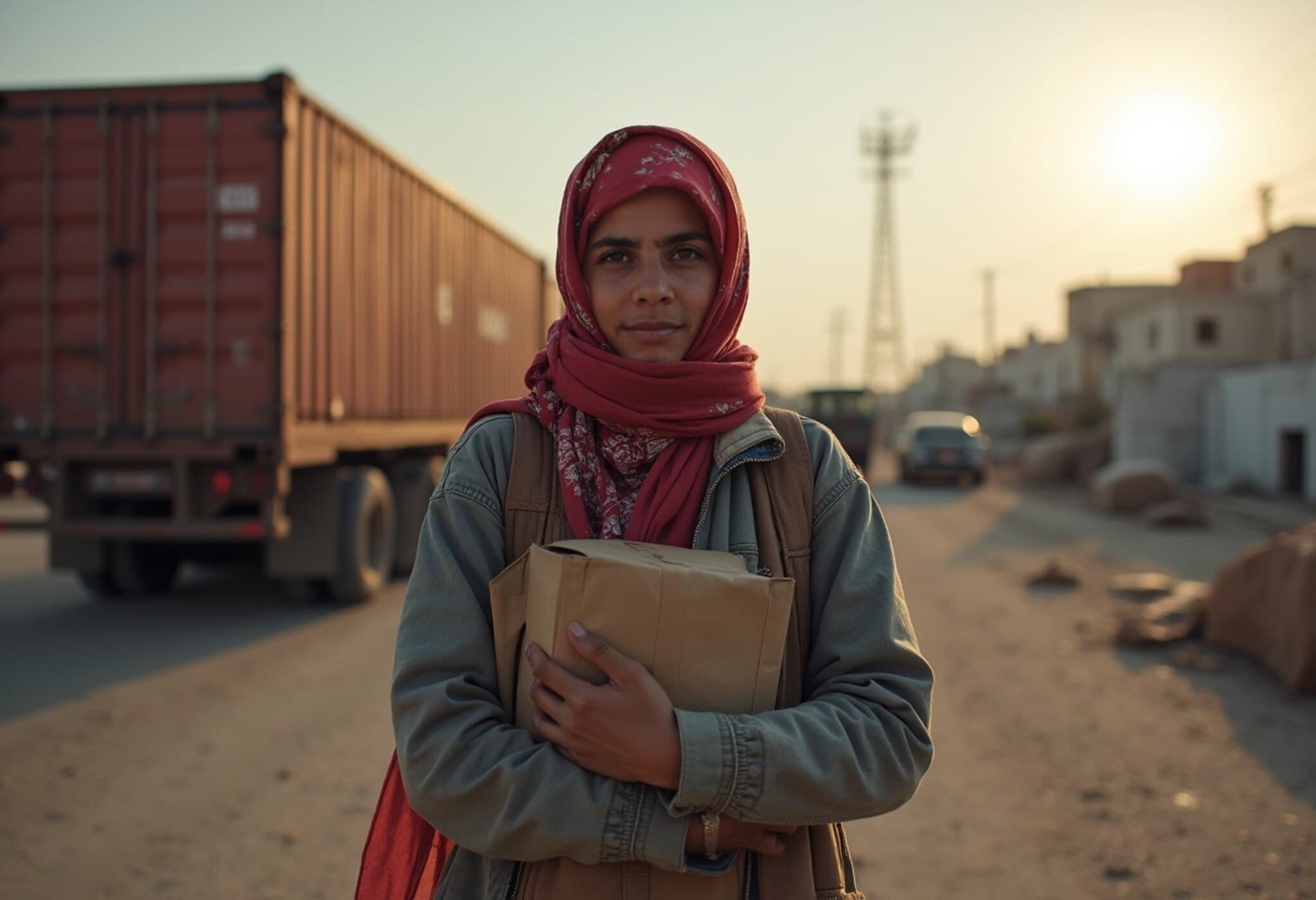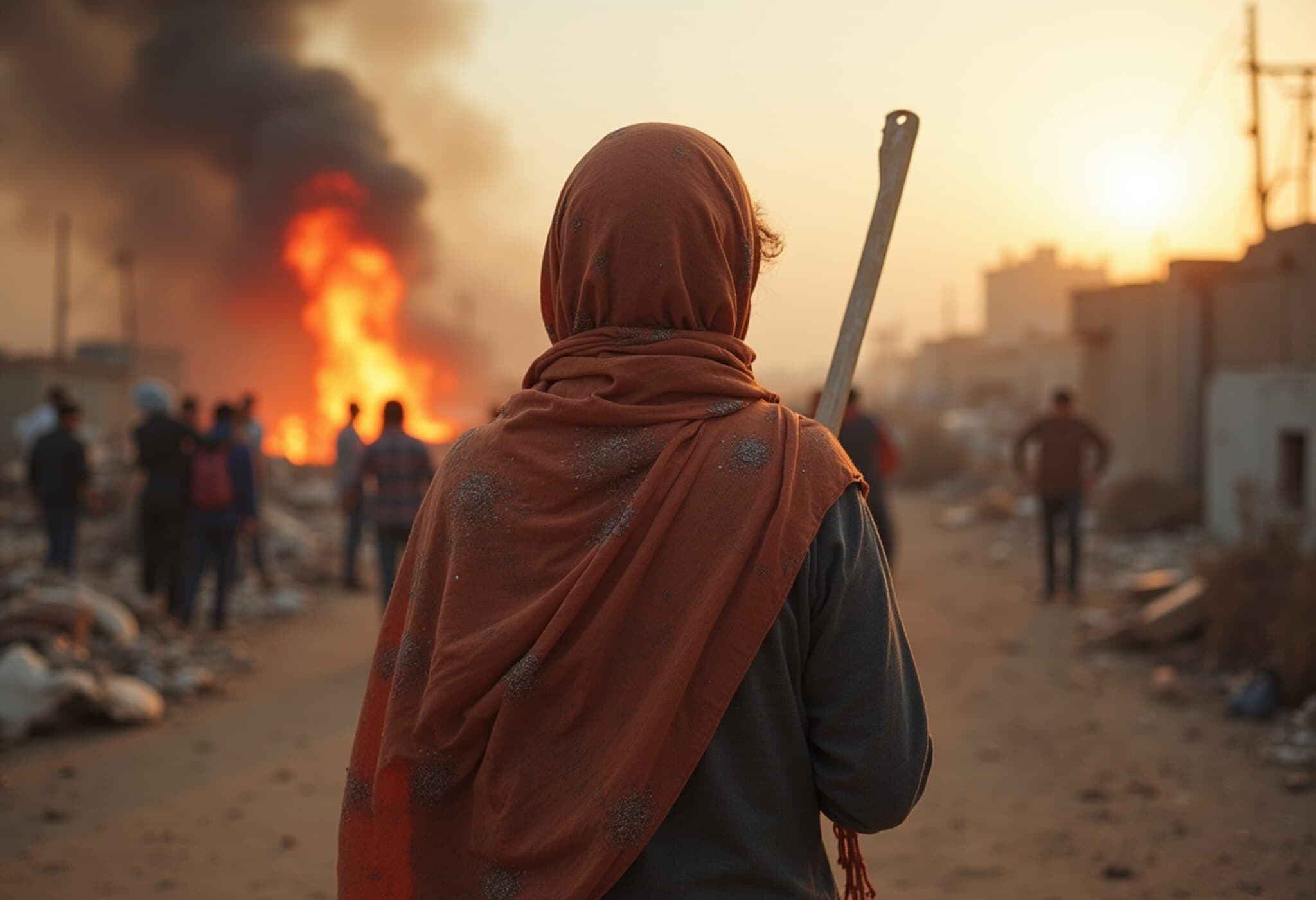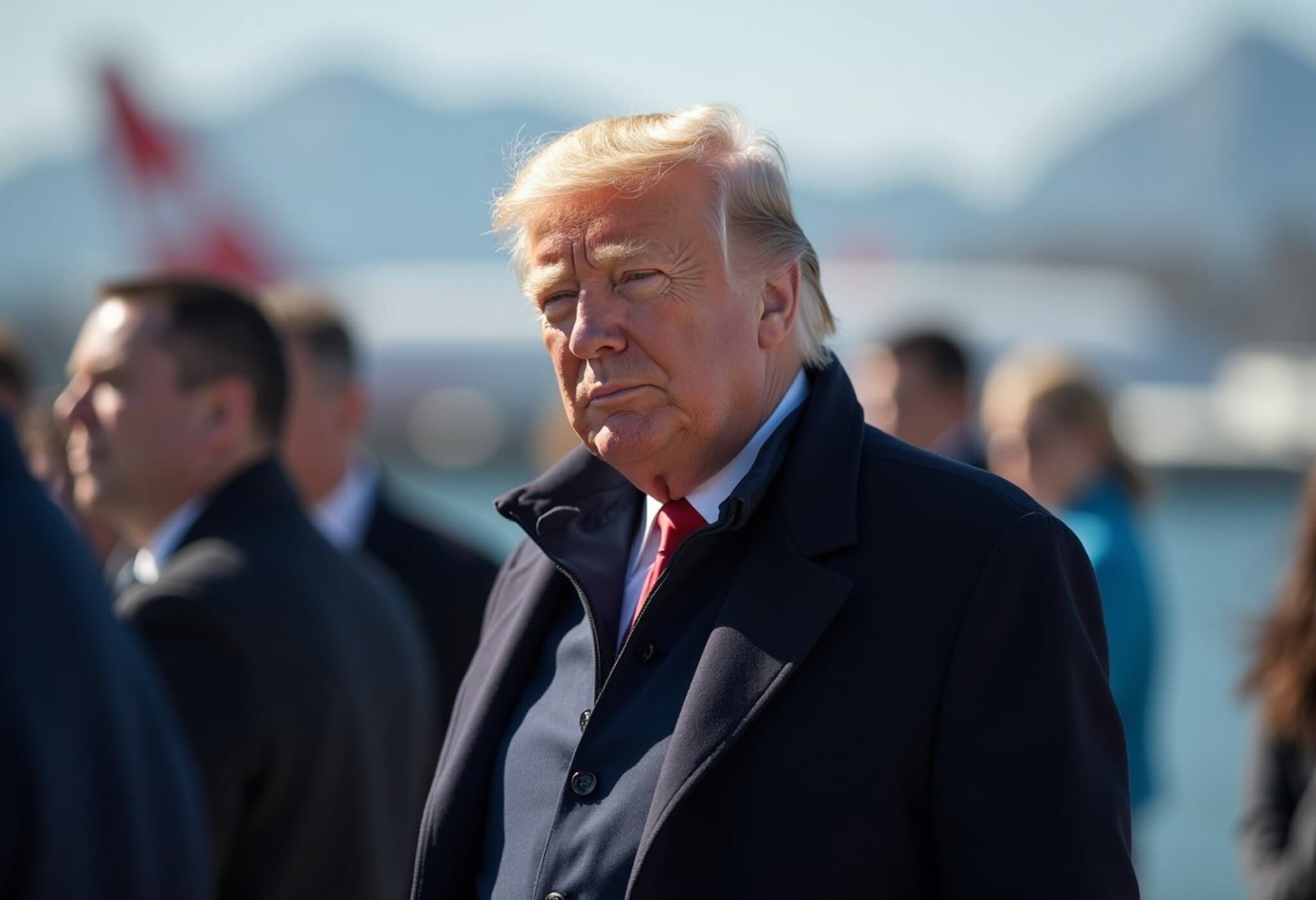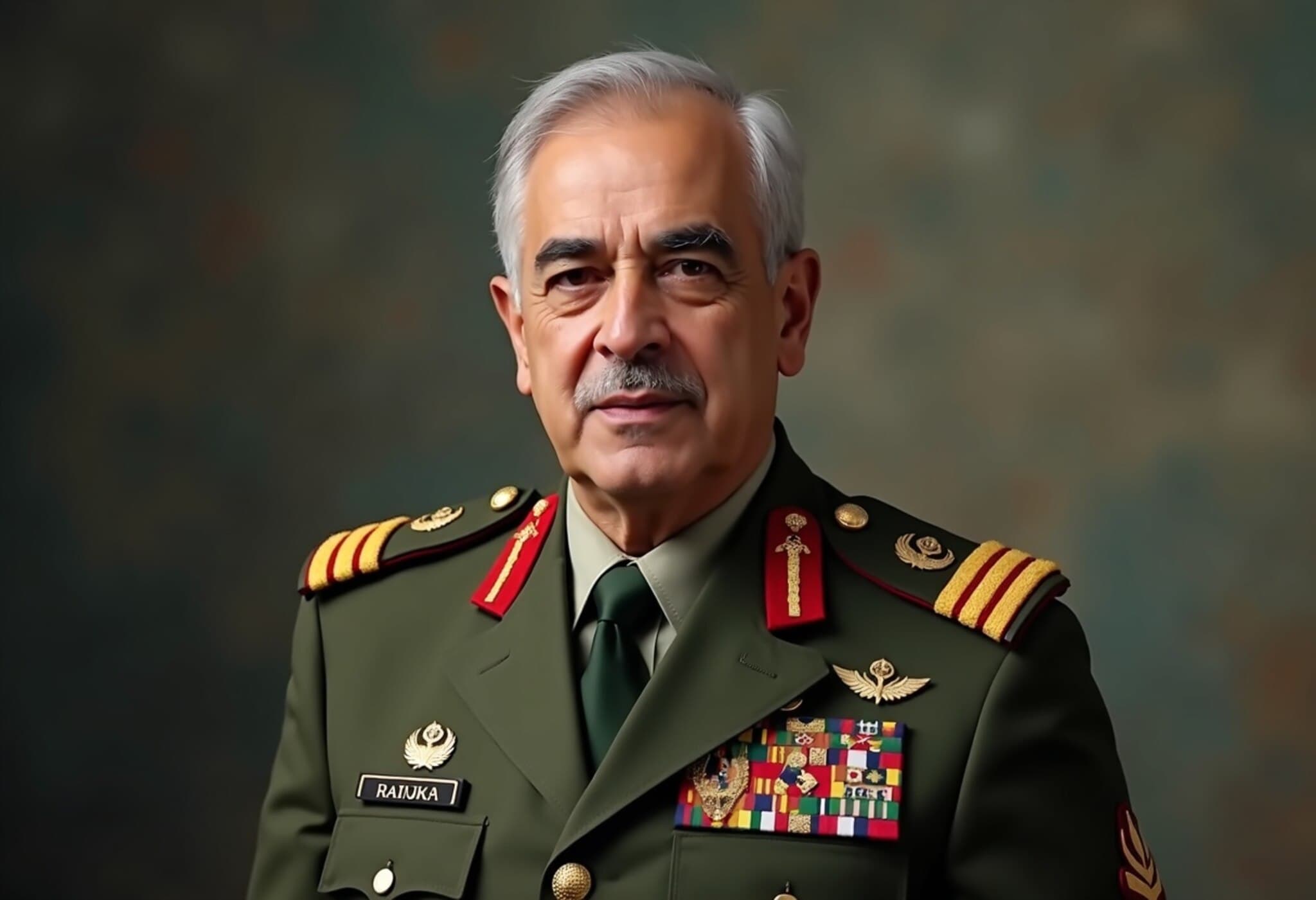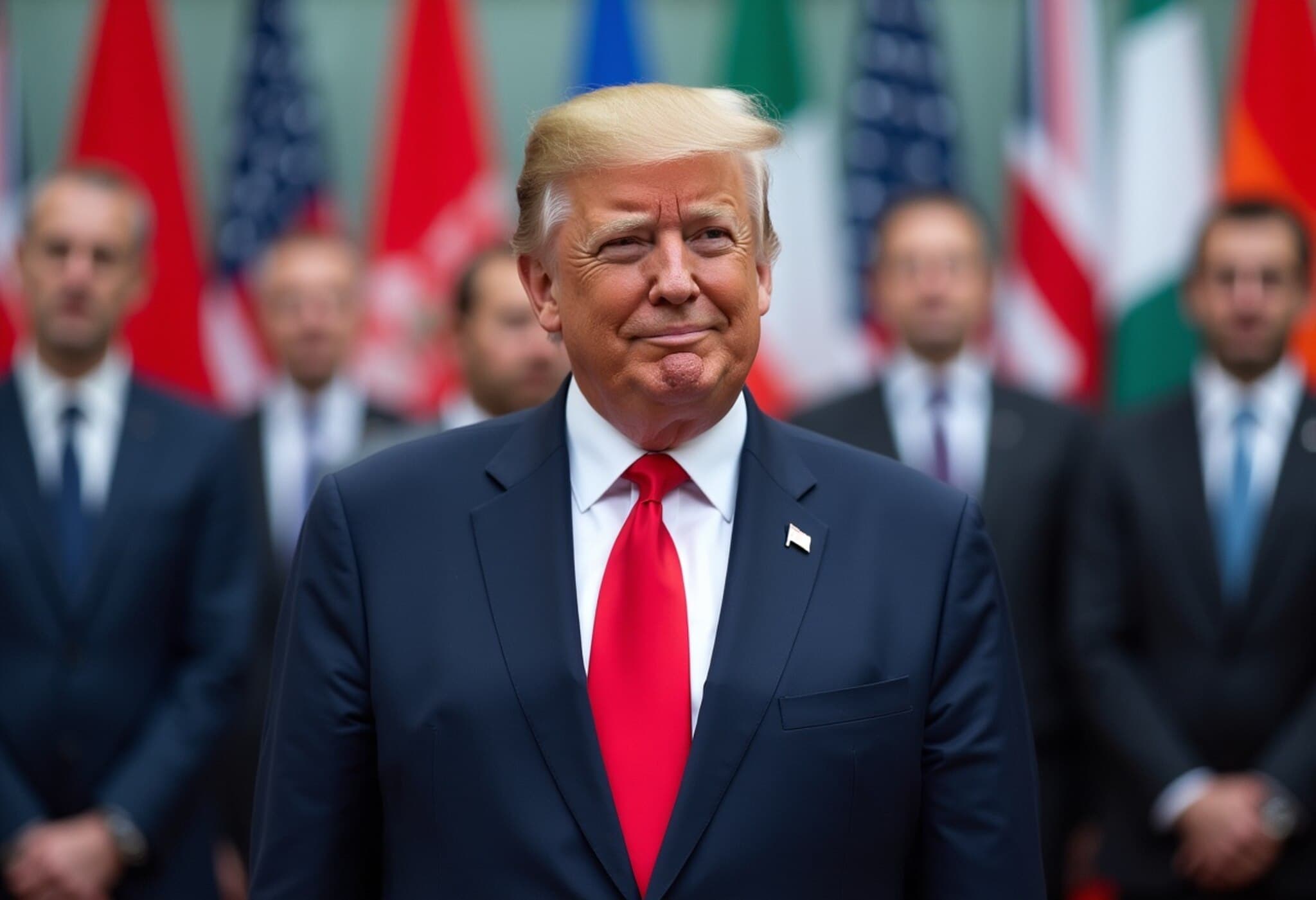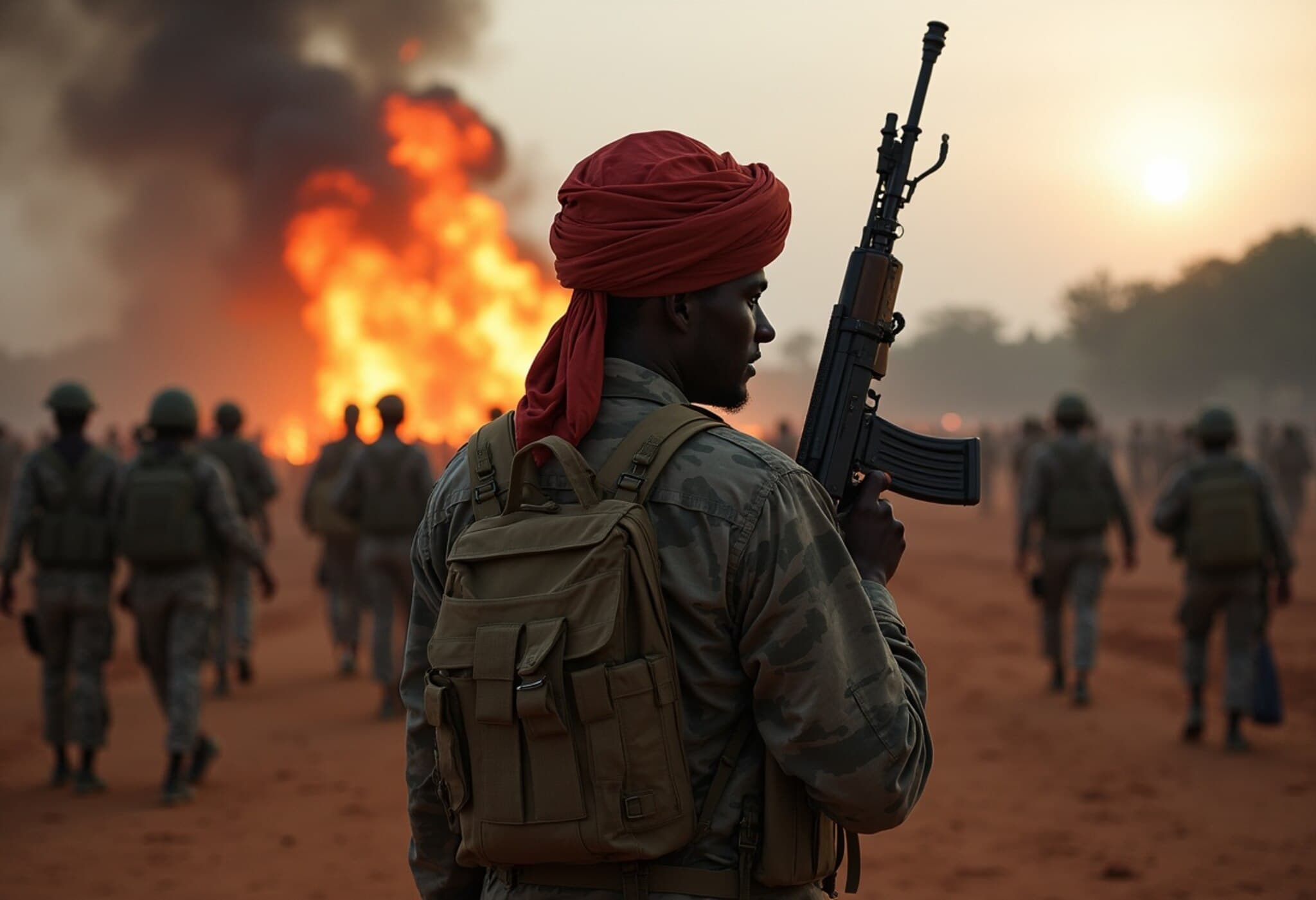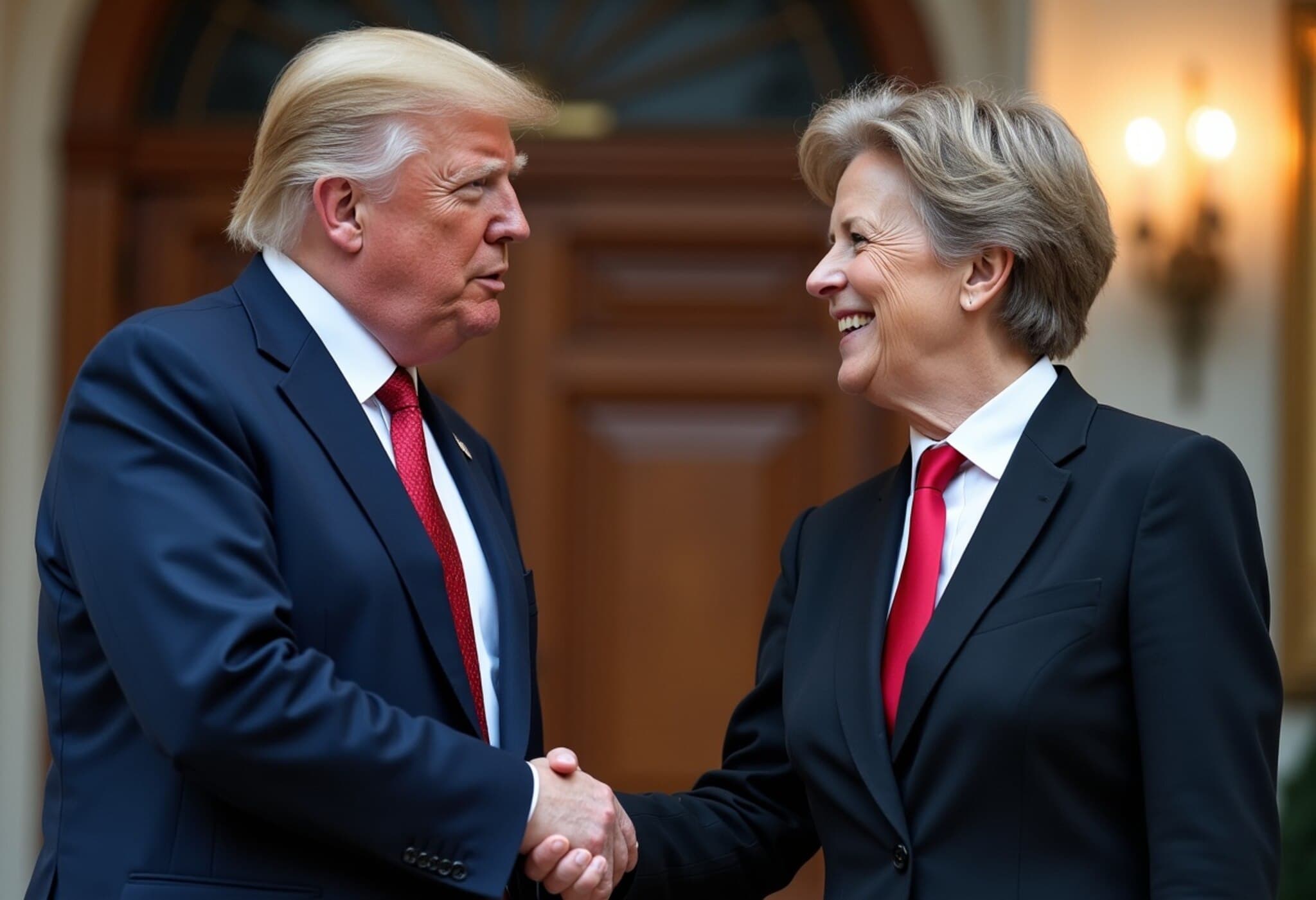UN Applauds Israel's Humanitarian Pauses to Ease Gaza's Hunger Crisis
As the humanitarian situation in Gaza spirals toward calamity, Israel has announced daily pauses in military operations across key areas of the Gaza Strip. These ‘humanitarian pauses’ are intended to enable aid agencies safe passage to deliver urgently needed supplies to starving civilians trapped amid ongoing conflict.
Details of the Humanitarian Pause and Aid Access
The Israeli military declared it would halt offensive actions between 10 a.m. and 8 p.m. (0700–1700 GMT) in targeted zones including Al-Mawasi, Deir al-Balah, and Gaza City. Additionally, secure corridors will be open from 6 a.m. to 11 p.m. to facilitate aid convoys navigating the embattled region.
UN emergency relief coordinator Tom Fletcher welcomed the announcement, emphasizing the critical need to reach as many vulnerable residents as possible. “The humanitarian pauses offer a vital window for aid delivery during a catastrophic crisis,” Fletcher said on social media platform X.
The Grim Reality on the Ground
Gaza’s 2.2 million residents face an escalating hunger crisis, with shortages of food, water, and medical care intensifying daily. The Gaza Health Ministry reports at least 127 deaths from malnutrition, including 85 children, since hostilities escalated. Just recently, a five-month-old infant named Zainab Abu Haleeb died from severe acute malnutrition at Nasser Hospital, underscoring the urgency of aid.
The UN’s Office for the Coordination of Humanitarian Affairs (OCHA) paints a dire picture, warning conditions are “catastrophic and deteriorating fast.” Despite aid agencies’ relentless efforts, movement restrictions imposed by Israeli authorities have hampered response efforts. Out of 15 coordination attempts last week, 4 were outright denied and 3 significantly obstructed.
International Response and Aid Efforts
- Israel has also resorted to airdropping aid packages to bypass logistical barriers.
- The Egyptian Red Crescent has dispatched over 100 trucks carrying 1,200 metric tonnes of food through the Kerem Shalom crossing.
- Israeli officials stress they support humanitarian aid but remain vigilant to ensure supplies do not fall into militant hands, accusing Hamas of disrupting distribution channels.
Broader Diplomatic and Local Reactions
The announcement arrives amid increasing international alarm. French President Emmanuel Macron recently signaled intentions to recognize a Palestinian state, reflecting growing pressure for a political resolution. Meanwhile, ceasefire negotiations remain stalled, with Israel and the US blaming Hamas for impeding progress.
Within Gaza, the response to the pauses has been cautiously hopeful yet tinged with skepticism. Local business owner Tamer Al-Burai voiced mixed emotions: “We hope today marks the beginning of the end to this war that has devastated everything.” Yet, many residents fear temporary pauses are insufficient, stressing a permanent cessation of hostilities is the only path to survival.
The move has not been without criticism in Israel; far-right National Security Minister Itamar Ben-Gvir condemned the decision, claiming he was excluded from discussions and accusing the government of yielding to Hamas demands.
Contextualizing the Conflict’s Human Cost
Since Hamas-led fighters launched a surprise attack on southern Israel on October 7, 2023, the ensuing conflict has claimed nearly 60,000 lives in Gaza, leaving large swaths of the territory in ruins. The humanitarian toll continues to mount, with food insecurity and medical shortages compounding a bleak scenario.
Editor’s Note
The unfolding humanitarian pauses signal a glimmer of hope amid an otherwise devastating conflict. However, these windows are but a temporary balm for a protracted crisis that demands comprehensive political solutions and international cooperation. As global actors contemplate deeper engagement—including contentious moves like state recognition—understanding the human stories behind headlines remains crucial. For Americans and policymakers alike, addressing these crises means balancing humanitarian imperatives with security concerns, a challenge that will define diplomacy in this volatile region for years to come.


